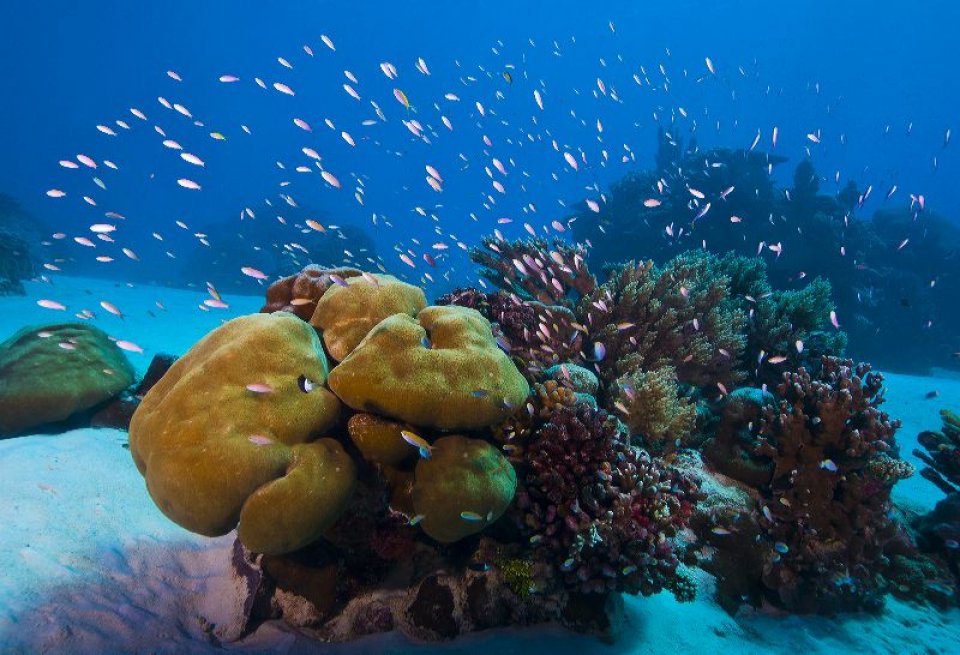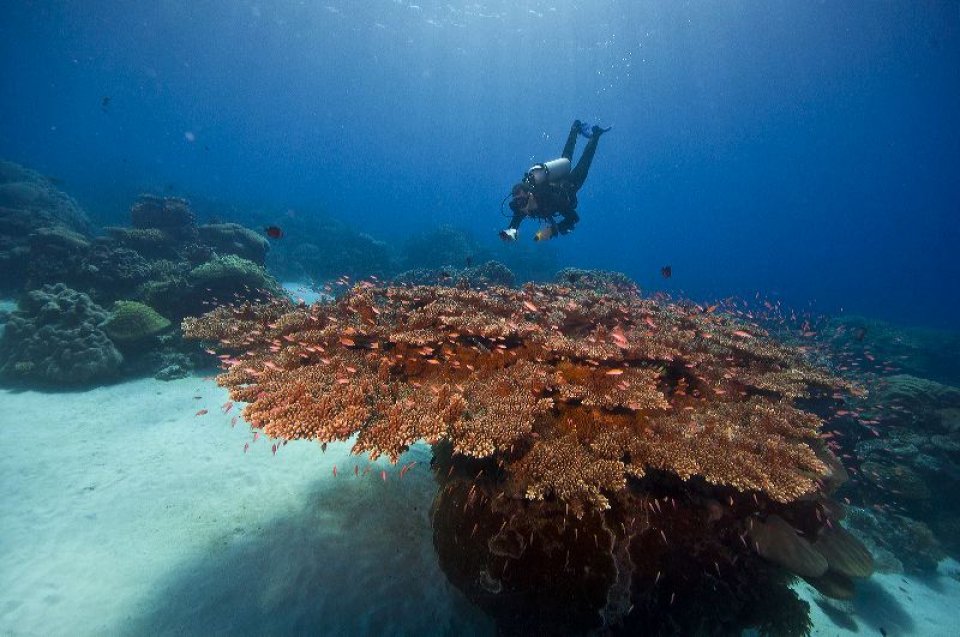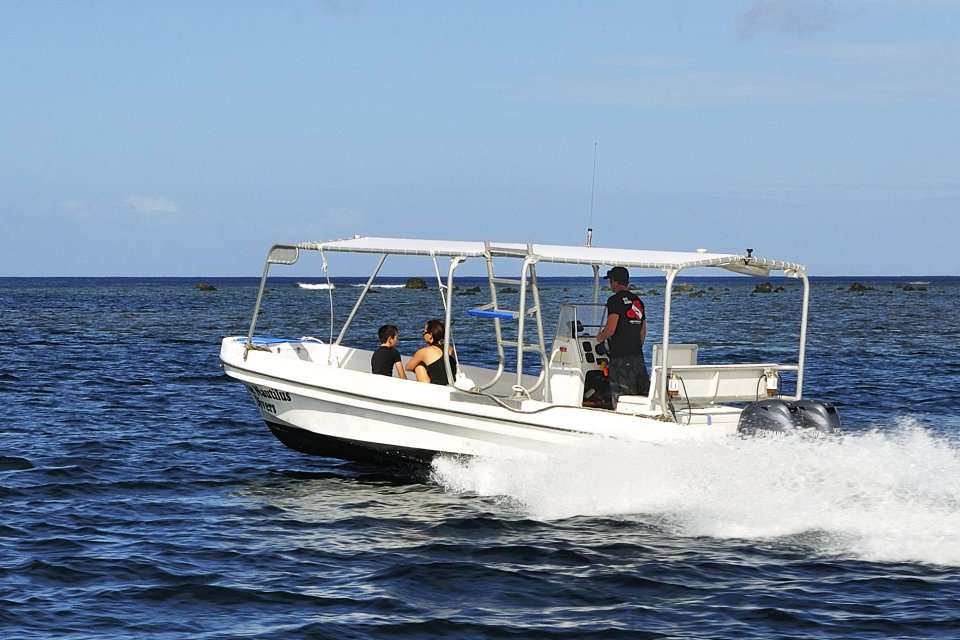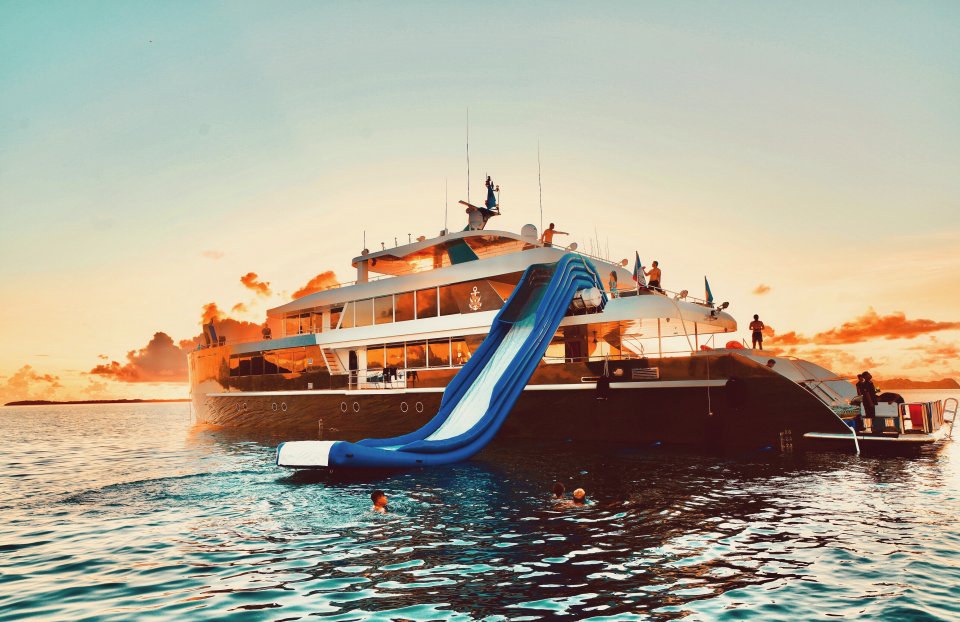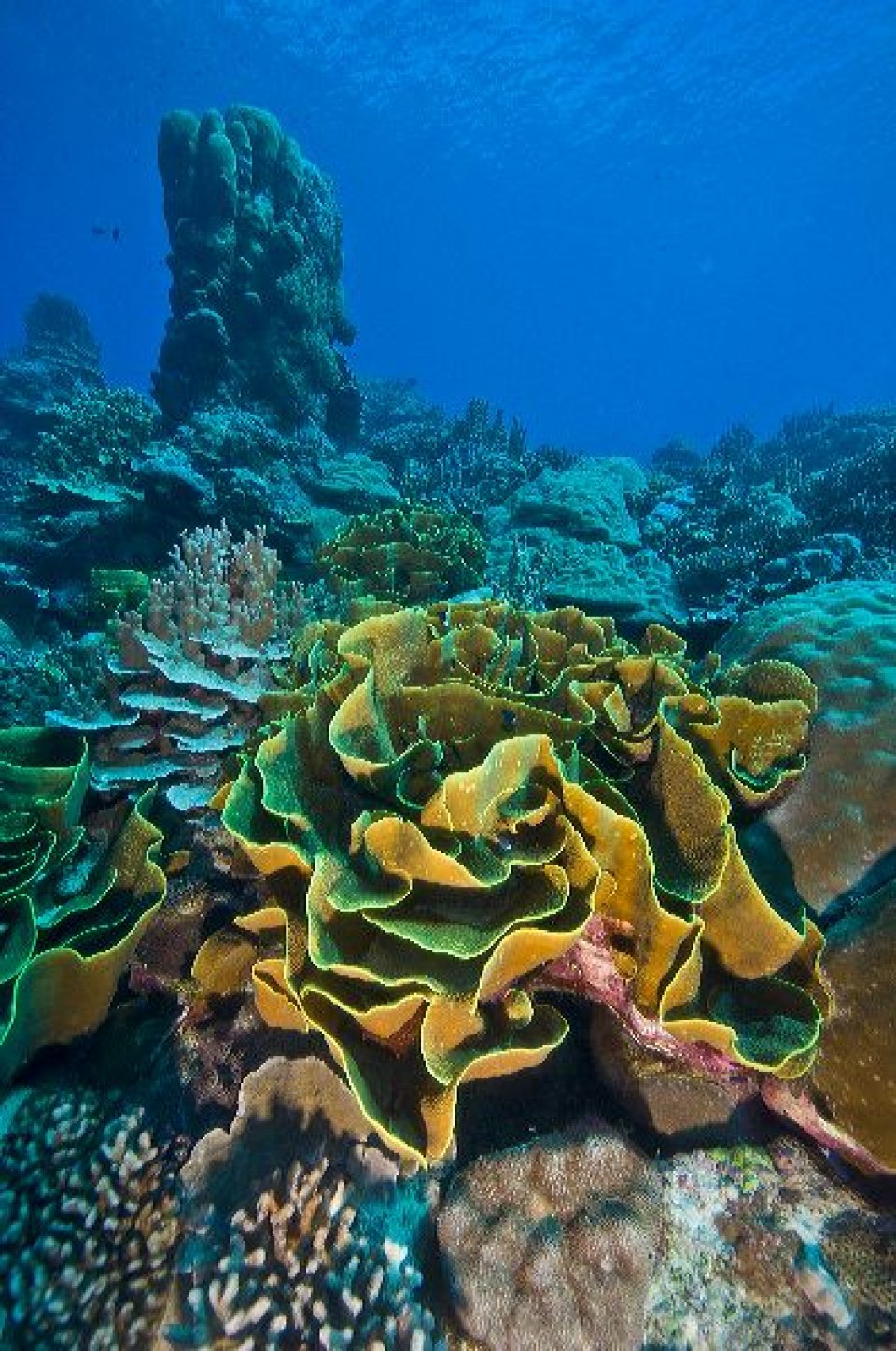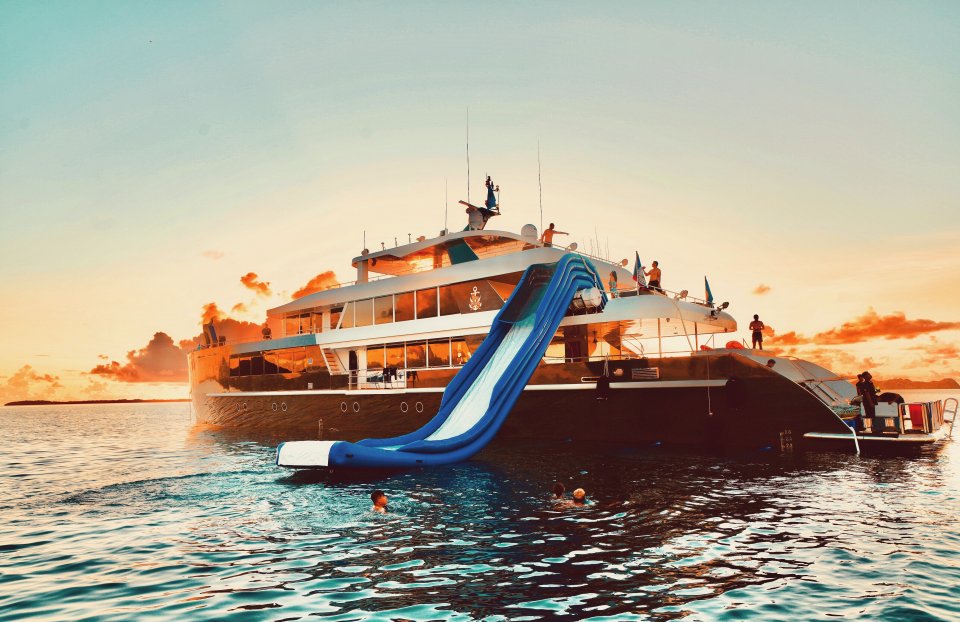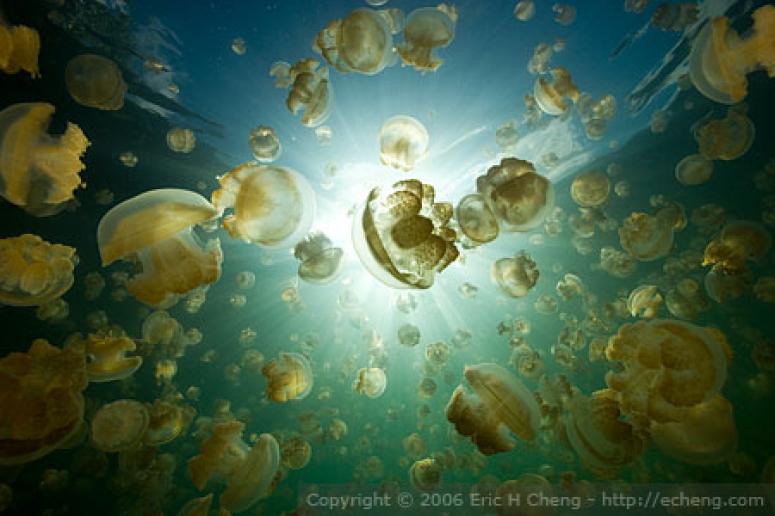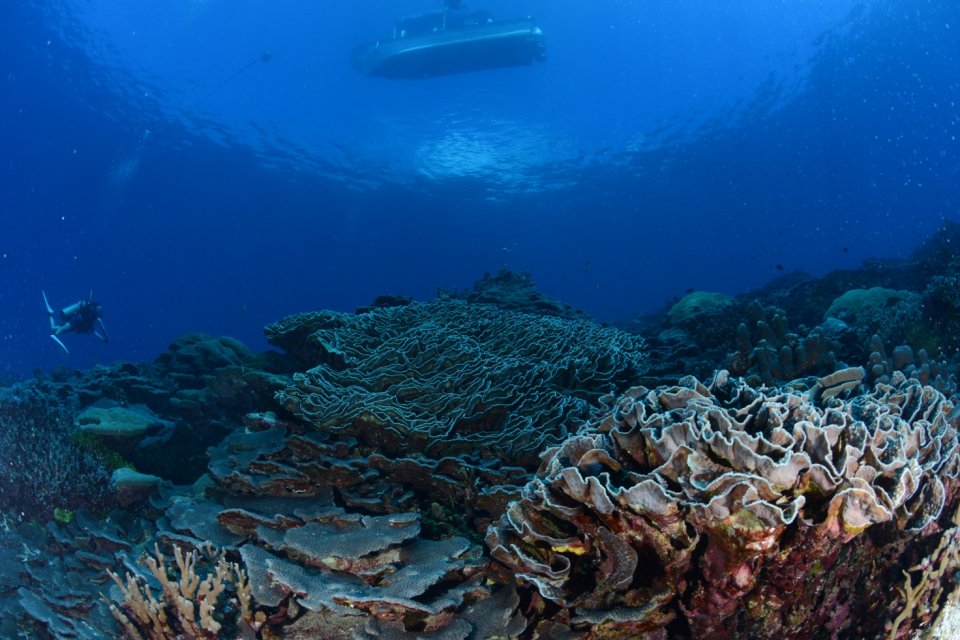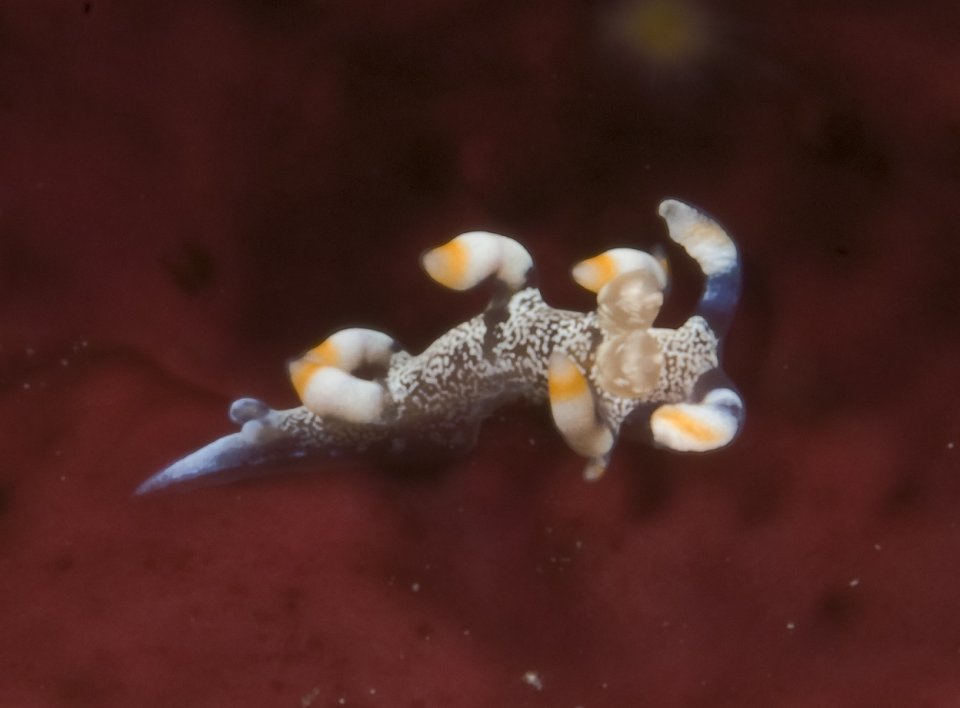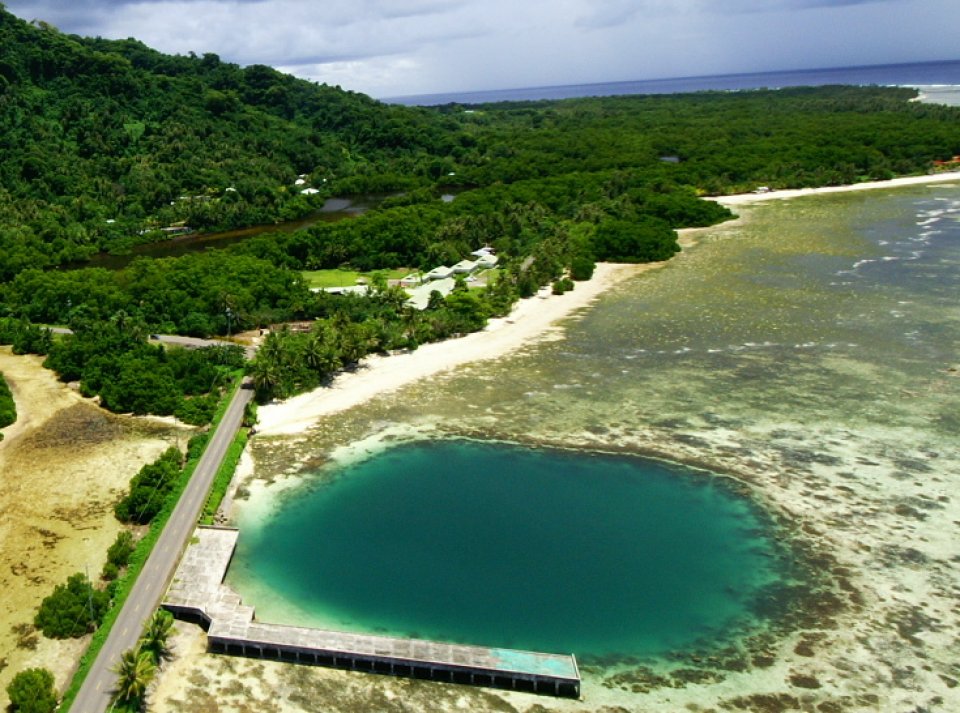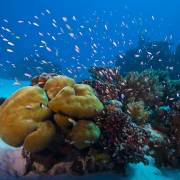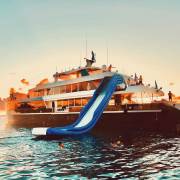Dive in Palau
Diving packages in Palau
-
Kosrae EcoDiving
Two tanks boat-diving, including lunch and drinks. We will take you diving in the best dive spots of the island. Package with room, and meals available.135 $ More Information
Diving in Palau

The islands of Palau are an unspoilt paradise for divers and eco-tourists alike. This truly stunning destination is situated in the western corner of the Micronesian islands just 500 miles way from the eastern side of The Philippines. Palau consists of 400 islands set in an archipelago some 90 miles round and is famed for it’s blue waters, beautiful uninhabited islands and world class diving.
Palau lies just north of the equator and has a year round tropical climate. The waters around the islands are justifiably famous but the lush interiors are attracting increasing numbers of hikers and explorers. The dense forests house waterfalls, caves and lakes are rarely visited and the country is a naturalists dream.
Just over 19,000 people inhabit the islands and the area remains one of incredible natural beauty. The people here are incredibly friendly, family focussed and it is a very safe and comfortable place to visit. Koror the capital is where most visitors base their stay and where our featured dive centre, Sam’s Tours, is located. There are a range of accommodation types and budgets to choose from and Sam’s Tours assist you with your movement from resort to dive centre.
Palau is home to Jellyfish Lake an incredible natural wonder where you can swim with millions of harmless pink jellyfish that turn the place into a visual feast. Inland there are over 150 bird species many of them endemic and rare. The islands are also home to over 1200 species of plants much of which are little seen trees, plants and orchids.
Getting around Koror and Palau is easy; you can hire cars or use taxis, use bikes and rent boats or simply walk.
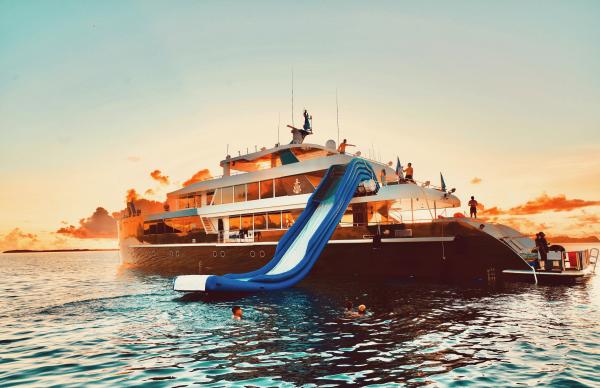
Travel to Palau

Palau was voted Top Dive destination overall by Scuba Diving magazine readers in 2007 and it really is as good as they say. This is a diving heaven where you can drift dive along the reefs on one day and go wreck diving the next. The warm tropical waters set where the Pacific and Philippines Sea converge have tremendous visibility and a huge range of marine life. In fact there are over 1300 species of fish, including giant clams, and 700 species of coral in the waters around Palau. This makes it one of the most incredibly bio-diverse regions of the world.
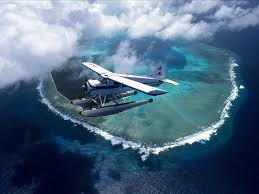 The majority of diving takes place along the breathtaking outer walls of the reef. The journey to the outer reef is a stunning 45 minute boat ride from the dive centre through the picturesque islands of the lagoon and on to the first dive site. The steep walls attract the really big pelagics including numerous sharks, barracuda and tuna fish. Huge Manta rays are common and you will see turtles everywhere. The tops of the walls are covered in beautiful hard corals with a vast array of macro-life. The currents along the plateaus and valleys of the wall mean that this is a dream for those wishing to see the big fish. In contrast the sheltered coral gardens are just perfect for beginners, snorkelers and free-divers. Bump head parrotfish, wrasse and other reef species swim past seemingly unphased by the proximity of divers and snorkelers.
The majority of diving takes place along the breathtaking outer walls of the reef. The journey to the outer reef is a stunning 45 minute boat ride from the dive centre through the picturesque islands of the lagoon and on to the first dive site. The steep walls attract the really big pelagics including numerous sharks, barracuda and tuna fish. Huge Manta rays are common and you will see turtles everywhere. The tops of the walls are covered in beautiful hard corals with a vast array of macro-life. The currents along the plateaus and valleys of the wall mean that this is a dream for those wishing to see the big fish. In contrast the sheltered coral gardens are just perfect for beginners, snorkelers and free-divers. Bump head parrotfish, wrasse and other reef species swim past seemingly unphased by the proximity of divers and snorkelers.
Surface intervals are usually spent on one of the numerous sandy coves and islets allowing time for exploring, sunbathing and swimming.
If that were not enough there are dozens of Japanese World War 2 wrecks to dive on. Palau was the headquarters of Japanese command in Micronesia and over 50 warships and planes were sunk in an attack by allied forces in 1944. Most of these wrecks lie amazingly intact in Palau’s western lagoon.

